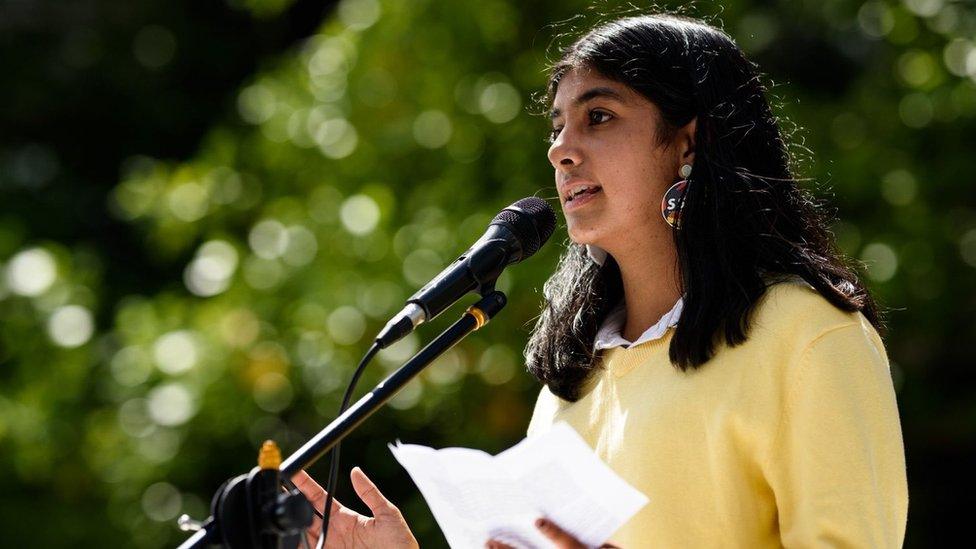Climate change: Australia signs new carbon emissions target
- Published
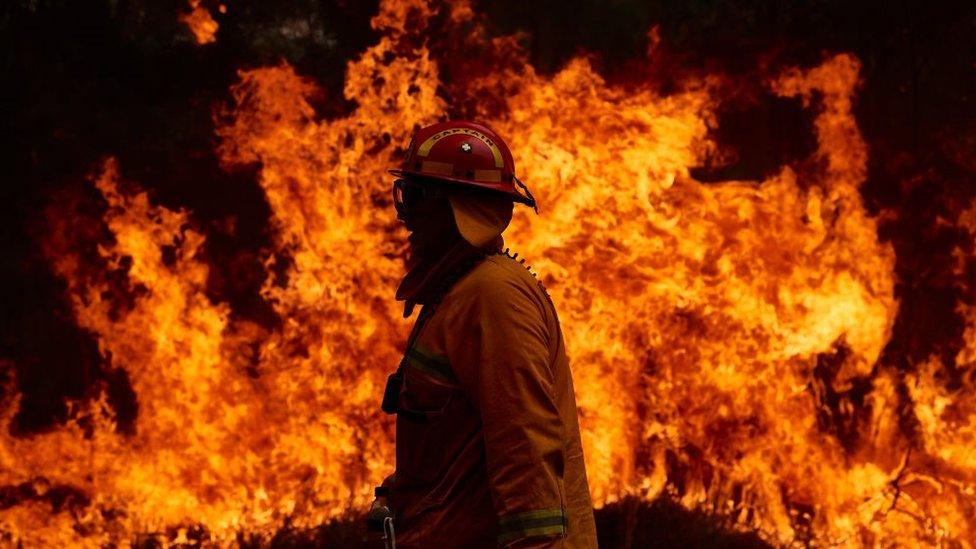
Australia has suffered historic bushfires in recent years
Australian Prime Minister Anthony Albanese has announced more ambitious climate targets for his country.
He has pledged to cut carbon emissions by 43% from 2005 levels by 2030, up from the previous conservative government's target of between 26% and 28%.
Australia is one of the world's highest per capita carbon emitters.
The target brings the country more in line with other developed economies' Paris climate accord commitments.
Canada is aiming for a reduction of 40% by 2030 from 2005 levels, while the United States has a target of up to 52%.
"When I've spoken with international leaders in the last few weeks, they have all welcomed Australia's changed position," Mr Albanese, who assumed office last month, said after notifying the United Nations.
In recent years, Australia has suffered severe drought, historic bushfires, successive years of record-breaking floods, and six mass bleaching events on the Great Barrier Reef.
And it is racing towards a future full of similar disasters, the latest UN Intergovernmental Panel on Climate Change (IPCC) report warns.
The former government had angered allies with its short-term emissions reductions target - which is half what the IPCC says is needed if the world has any chance of limiting warming to 1.5C.

The target comes as major fossil fuel companies in Australia seek to decarbonise their operations.
Global miner BHP this week announced it had been unable to find a buyer for its coal mines in the Australian state of New South Wales and would instead close the project by 2030.
Climate Change and Energy Minister Chris Bowen said that the commitment was a message to the international community.
"We send the message to the rest of the world, to our friends and allies, that we're partners in tackling the climate emergency. We send the message to Australians that we seek to end the climate wars, as the prime minister said," he added.
"For years, the Australian government told the world that was all too hard," he told a news conference in Canberra.
Mark Howden, vice chair of the IPCC, said the commitment was a "very big deal".
"Simply numerically, we're talking around about a 15% difference. And that 15% would be equivalent to taking all of our cars off the road or taking agriculture out of our economy," he said.
Australia is one of the highest emitters per capita in the world, but the commitment could take the number down from 24 tonnes per person down to around 14 tonnes per person, he said.
While it will not result in Australia being considered a global leader on the climate, "we're no longer a laggard", Mr Howden said.
Speaking last week, Mr Albanese said Australia had been moved off the "naughty corner" on climate change.
"We've been in the naughty corner for nine years," he said.

You may also be interested in:
Watch: Anger and trauma in Australia’s flood aftermath
Related topics
- Published16 June 2022
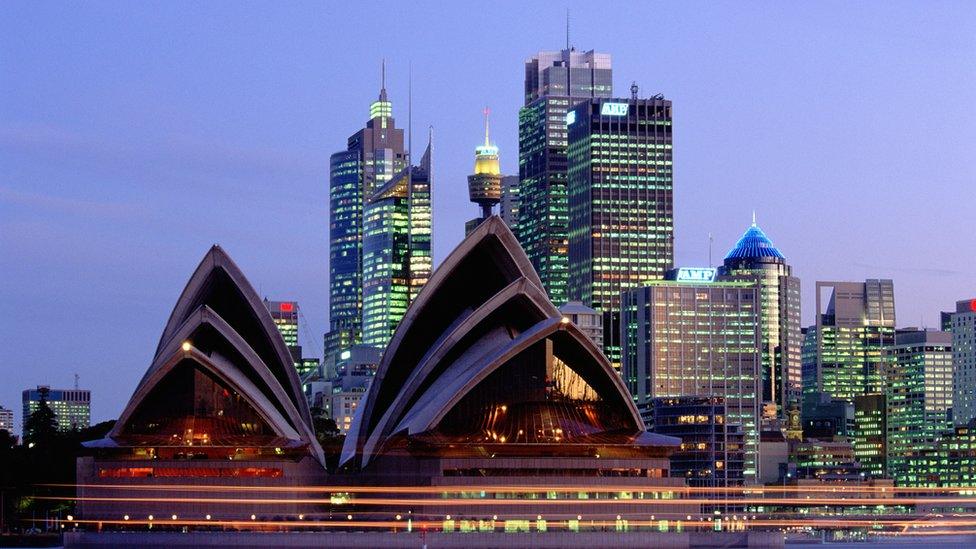
- Published22 October 2021
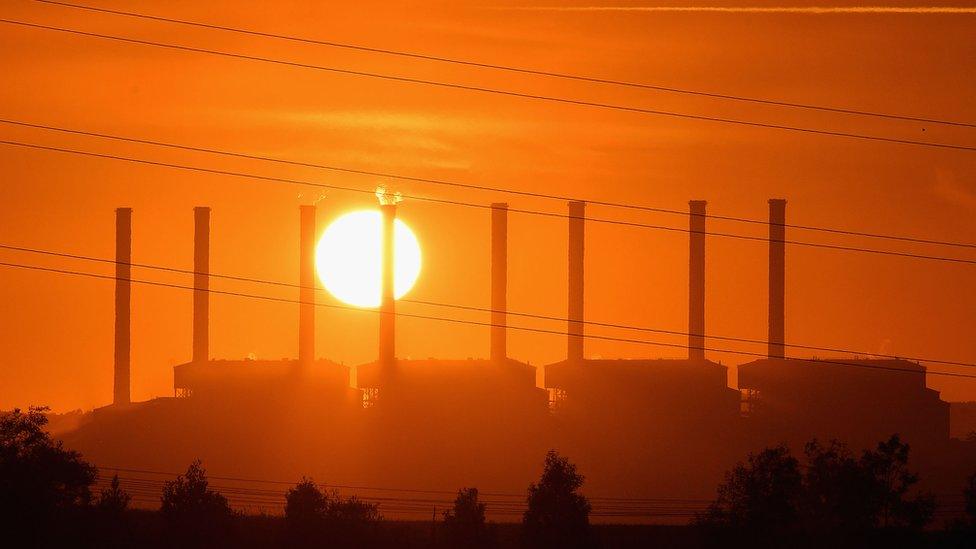
- Published11 April 2022
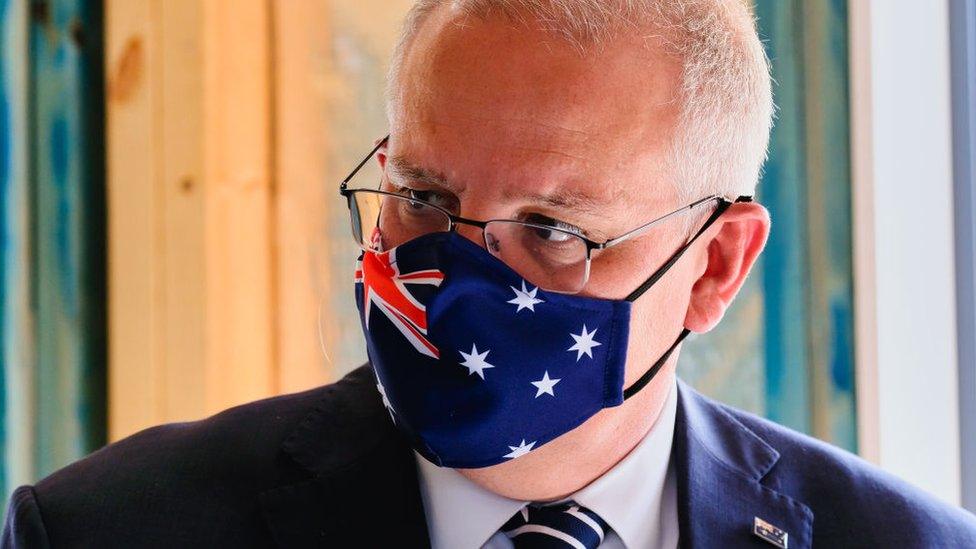
- Published25 March 2022
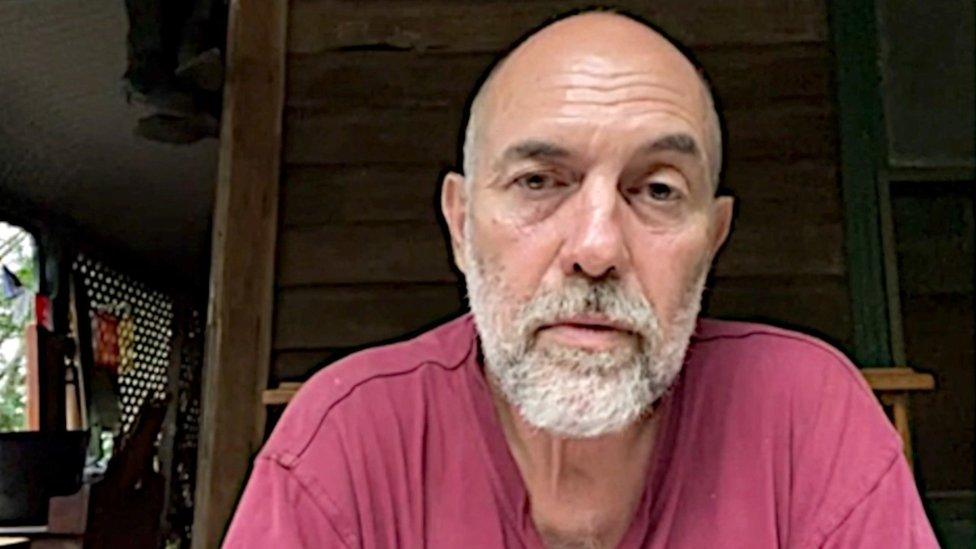
- Published15 March 2022
